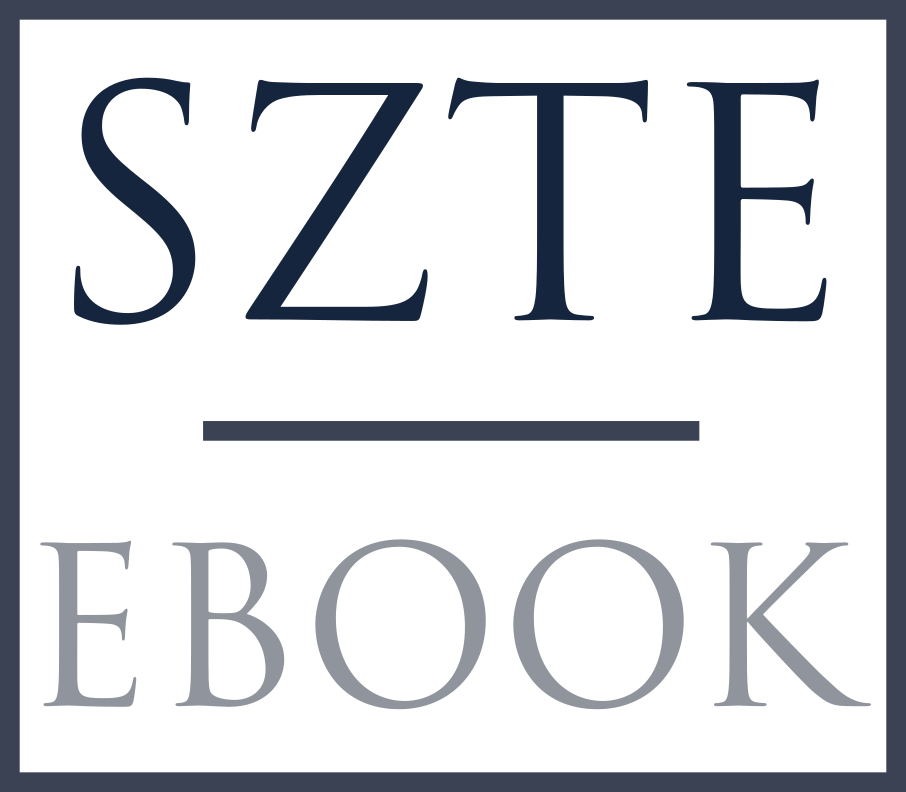Lovas múltban gyökerező metaforák: a LÓ kulturális konceptualizációi a magyar kifejezésekben
Synopsis
This study examines cultural conceptualizations related to the lexeme ló ‘horse’ using the conceptual metaphor theory of cognitive linguistics and the theoretical framework of Cultural Linguistics (Sharifian, 2011, 2017). The aim of the study is to explore metaphors and metonymies based on the lexeme ‘horse’ and to demonstrate their embedding in Hungarian cultural traditions. The data utilized in the analysis is derived from the Dictionary of the Hungarian Language and other phraseology collections. Occasionally, examples from the Hungarian National Text Corpus are used to provide context or clarification. The results indicate that the size and strength of the horse are significant source domains in non-human (external) extensions, often used to denote the size of plants and other animals. The concept of strength and speed associated with the horse traditionally originates from its important role in transportation. Horseback riding signifies power and superiority applied to interpersonal relationships, additionally, it is linked to describe mental states or actions, namely, stubborn or habitual behaviour. Horse and horse riding are also connected to the conceptualizations of opportunity, profit, and success, and as a valuable animal, the horse serves as an experiential basis for other valuable things. The conceptualization of horse as a rank appears in various contexts, such as the knightly title from the Middle Ages, which indicated a person’s commitment to religion, homeland, and the protection of women, also representing social status. Finally, the horse as a magical entity is linked to beliefs of shamanism and witchcraft. Based on these observations, the cultural conceptualizations of horse are unequivocally positive, originating from the fact that it provided advantages and special abilities to its rider or owner in many areas of life in the past.


